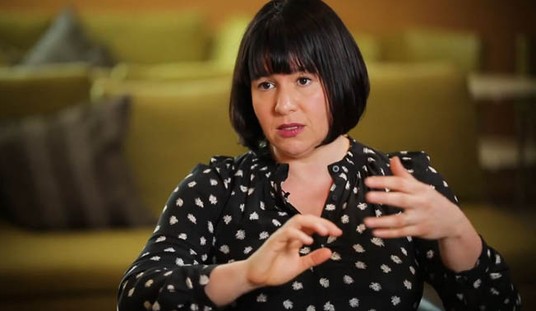Remember the last time America had a nice quiet year of economic stability and relative political tranquility? If you do, let me know. Maybe it’ll jog my memory.
U.S. markets were already sharply lower on widespread worries, including the weak job market. But the selling gained momentum as Japanese and European policymakers stepped in with dramatic measures to shore up their financial markets.
There’s “total fear” in the market, said Bob Doll, chief equity strategist at the world’s largest money manager, BlackRock.
All three major indexes tumbled more than 4% Thursday and erased all their gains for the year. The indexes have also pushed into ‘correction’ territory – defined as a 10% drop from their highs earlier this year. Over the past 10 days alone, the Dow, S&P 500 and Nasdaq have dropped about 8%.
Debt-ceiling discontents claim the sell-off this week is a backlash to the feebleness of the deal in addressing America’s long-term debt problem. I don’t buy it. The market’s known for weeks that the deal wasn’t going to touch entitlements or lock in major spending cuts. Once Obama demanded an extra $400 billion in new revenue and Boehner walked away, the grand bargain was dead. If, as Erin Burnett speculated, shares were pricing in an elevated risk of a credit downgrade, that should have happened Monday or last week. I think J Pod’s right that what we’re seeing here is markets pricing in something else — namely, the growing risk of a double dip:
In fact, the debt deal came to fruition at exactly the same time as a series of devastating economic reports that indicate we will be lucky if the current moment is only a “slowdown” and not the beginning of—maybe even the middle of—a double-dip recession. You don’t need an economics degree to see the disaster in these numbers. Lower consumer confidence means less consumer spending, which means less demand, which means less economic activity, which means no improvement in employment figures and very possibly a worsening of unemployment. What we are seeing on Wall Street this week is that a coming recession is being “priced in.”
By “devastating economic reports,” he means this, this, and this, all of which are being served with a garnish of a new debt crisis in Europe. Follow the link above to Podhoretz’s post and read his account of chats with investors. They can’t make a move because they’re paralyzed with uncertainty over government policy, and since the Super Committee may or may not produce tax reform four months from now, that’s bound to continue until Thanksgiving at least. That’s a more trenchant criticism of the debt deal vis-a-vis the stock sell-off, I think, than knocking it because it took only a few pebbles off of America’s mountain of debt. It did nothing much to encourage job creation and it prolonged regulatory uncertainty, and now the market’s reacting accordingly. Bad days ahead — starting tomorrow, when the July unemployment numbers come out. Exit quotation:
Economists at Bank of America’s Merrill Lynch said Thursday that the economy is just one shock away from a recession. They put the probability of a recession in the next 12 months at 35%. However, they said the likelihood that the economy is currently in a recession was just 10%.








Join the conversation as a VIP Member